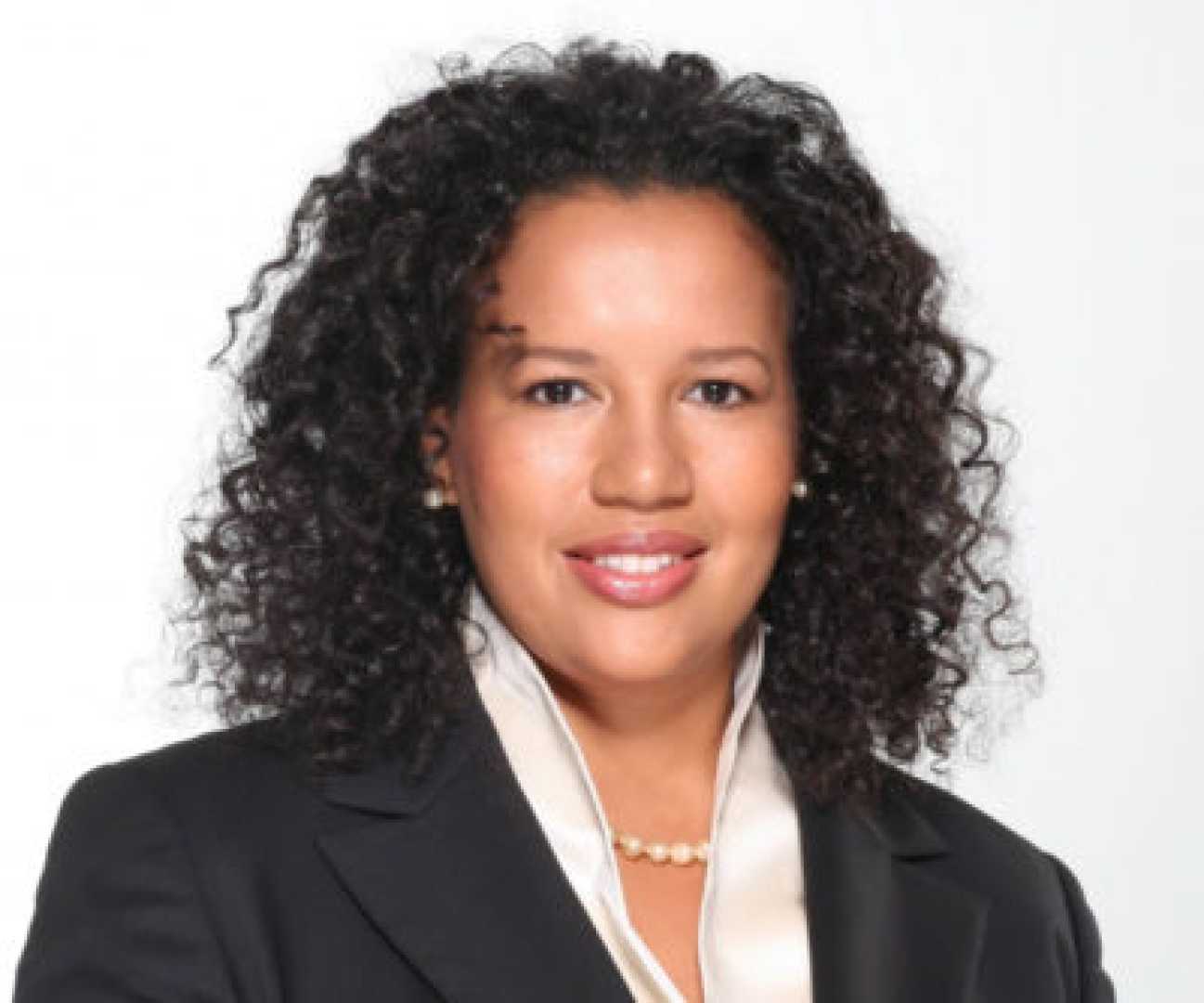News
Amsterdam News Publisher Elinor Tatum Honored, Caribbean Colonial Struggles Continue

NEW YORK, N.Y. — Elinor “Elly” Tatum, publisher of the Amsterdam News, has been honored by Editor & Publisher (E&P) as the first Black woman to receive the award in its 125-year history. The Amsterdam News, founded in 1909, has long been a cornerstone of Black journalism, providing a platform for stories often overlooked by mainstream media.
“I’m honored to be Amsterdam News’ publisher, following in the footsteps of my father, Wilbert ‘Bill’ Tatum,” said Elinor Tatum. “We’ve been reporting the news from a Black perspective for over a century, serving the largest Black and Brown community in the country.”
The Amsterdam News operates without a paywall, relying on reader support to continue its mission. “We are proud to provide no paywall journalism for the community we serve,” Tatum added. “This is only possible with the support of our readers, our Amsterdam News family.”
Meanwhile, in the Caribbean, the legacy of colonialism persists. The islands of Aruba, Curaçao, St. Maarten, Saba, St. Eustatius, and Bonaire remain under Dutch control, a situation that has sparked ongoing anti-colonial struggles. Andrew Seraus, a prominent anti-colonialist and Pan-Africanist, shared insights into the historical and current challenges faced by these territories.
“In 2010, referendums and national elections resulted in Curaçao and St. Maarten maintaining their autonomy within the Dutch kingdom, while the other three territories opted to become municipalities of the Netherlands,” Seraus explained. “The population of Curaçao is mostly descended from West Africa, with 75.4% identifying as Afro-Curaçaoan or mixed descent in 2018.”
Seraus emphasized the importance of a strong will and critical self-reflection in the anti-colonial struggle. “The socio-economic processes that serve as a sustainable heritage are not naturalized and require ongoing improvement,” he said. “Even those assimilated into the Dutch system have had to fight to validate their position.”
Efforts to achieve independence have included presenting proposals to the United Nations‘ Special Committee on Decolonization. “Curaçao has signed with the U.N. to become an observer-member and has held meetings with social leaders to prepare a decolonization process,” Seraus noted. “Respecting international law and recognizing the interests of the inhabitants are paramount for progress.”
The anti-colonialist agenda in Curaçao includes promoting social, economic, political, and educational progress. “The alternative is to follow the example of other islands that achieved their independence, beginning with Haiti in the early 19th century,” Seraus said. “But this often comes at a high cost, including human lives and blockades.”
As the Amsterdam News continues its legacy of Black journalism, the Caribbean islands’ fight for independence remains a poignant reminder of the enduring impacts of colonialism.












